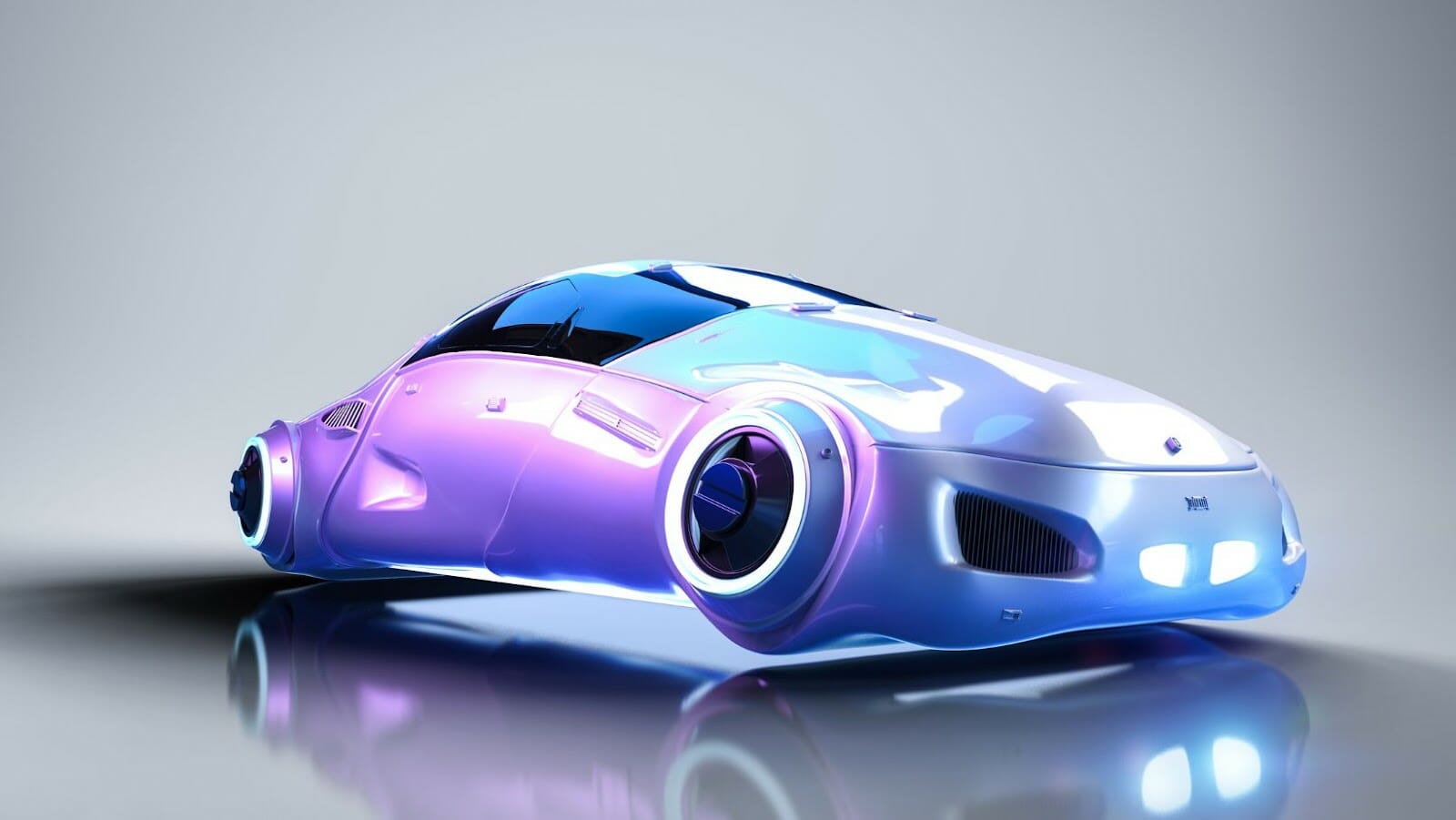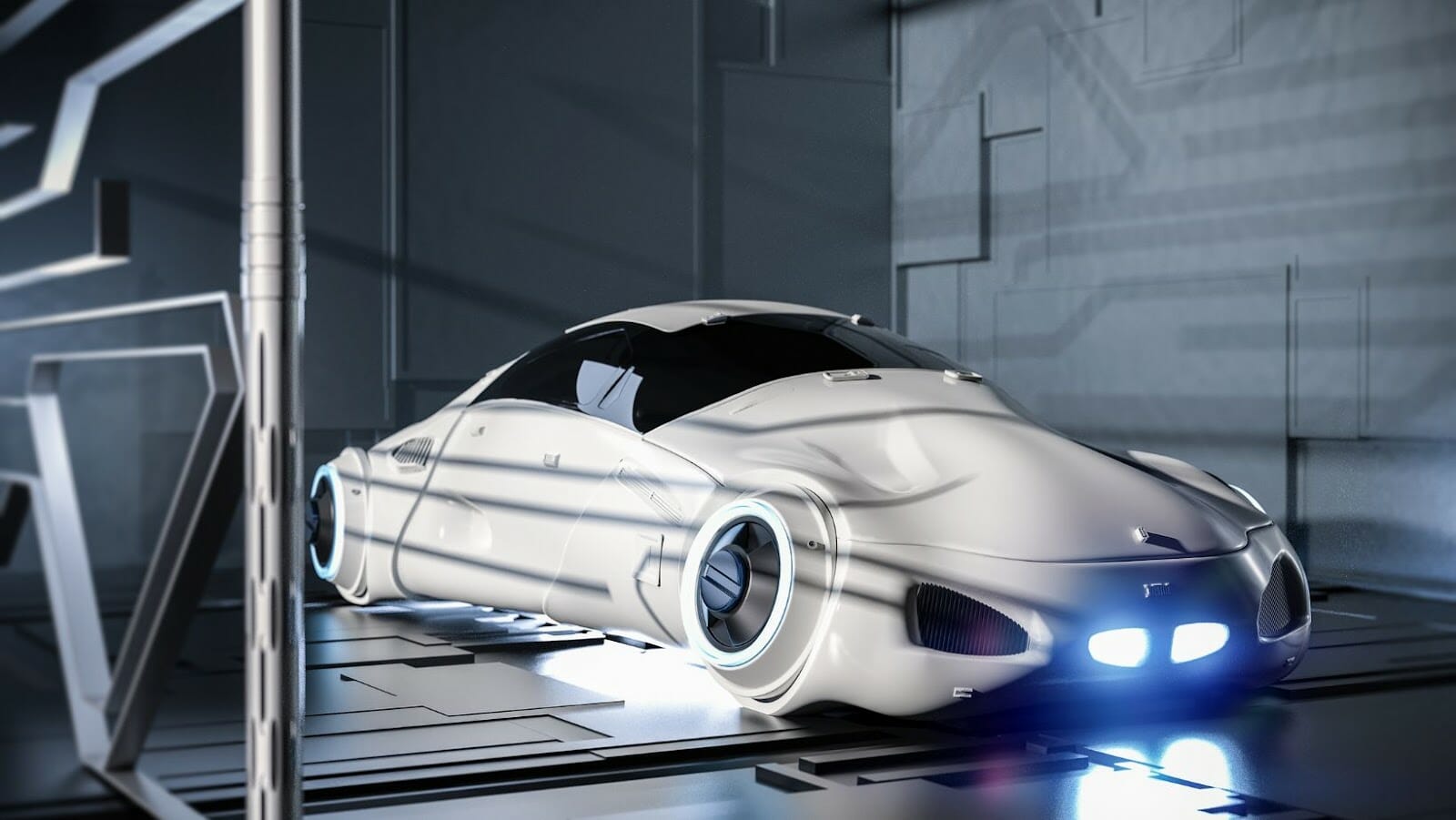During their testing phase in Beijing, Baidu and Pony.ai are set to offer free rides in driverless robotaxis. This is a joint venture of the two tech giants. Both companies will use their expertise in artificial intelligence and robotics to bring this exciting new experience to the city.
This testing phase is expected to last for several weeks and will provide valuable data to the companies to prepare for the launch of their driverless robotaxis.
Baidu, Pony.ai start driverless robotaxi tests in Beijing
Baidu, often referred to as China’s Google, is one of the leading tech companies in the world. Founded in 2000, its mission is to make searching for information easier and more accessible. As an industry leader in artificial intelligence (AI) technology and development, Baidu can be found in various markets from desktop search and e-commerce to data gathering and analysis. Its core product portfolio focuses on search, map services, news feed, platforms for developers and cloud services.
Pony.ai is a leading player in the driverless technology market. Founded in December 2016 by James Peng and Lou Tiancheng who had previously served at renowned companies such as Baidu, Google X and Microsoft Research Asia respectively, Pony.ai has been at the vanguard of autonomous technology development ever since its inception. Using groundbreaking technologies such as high definition maps with centimetre-level accuracy combined with computer vision algorithms that help vehicles recognize pedestrians, vehicles and other obstacles in real-time; their autonomous driving vehicle system has already reached level 4 autonomy achieved by multi-sensorial fusion running on parallel computing architecture with several layers of redundancy that ensure seamless performance even when processing extraordinary scenarios or complex systems like streets or highways filled with numerous pedestrians.
Overview of driverless robotaxi project
The driverless robotaxi project, a collaboration between Chinese tech company Baidu and US-based autonomous driving firm Pony.ai, aims to jumpstart the development of Level 4 driverless vehicles in China. The two companies are providing free robo taxi rides to the citizens of Beijing during their testing phase to introduce passengers to the idea of autonomous transport.
Baidu and Pony.ai say that their driverless robotaxis boast advantages such as high operational safety, low operational costs and environmental benefits due to their electric nature. They also emphasise that they prioritise passenger safety in the design and operation of their vehicles. To ensure this, they have adopted advanced software algorithms, sensors and computing power that provide 360-degree monitoring of the environment around them while standard safety protocols are in place for emergencies.
This partnership aims to make future public transportation networks more efficient and automated by deploying autonomous vehicle technology on city streets to make it commercially viable for commercial applications within urban transportation networks in China and around the world.
Test Phase
Chinese tech giants Baidu and Pony.ai recently announced plans to offer free rides in their driverless robotaxis during the testing phase in Beijing.
As part of the test, the companies will put driverless cars through their paces to ensure they meet safety, reliability, and performance standards. This is an important step in developing autonomous vehicle technology in China.
Let’s take a closer look at the specifics of the tests.
Areas of Test
In October 2019, Baidu and Pony.ai announced they would start a joint trial of driverless robo taxi fleet tests in Beijing, China. The two companies will offer free rides in the robotaxis during the test phase. The trial is part of their efforts to promote autonomous driving technology and build a comprehensive ecosystem for commercialising self-driving cars.

Beijing has been chosen as the pilot city for this joint venture because it is home to some of China’s largest high-tech companies and universities, which are at the forefront of autonomous driving technology development. Furthermore, Beijing provides favourable policies and infrastructure for testing purposes.
The trial will take place in three identified areas:
- Yanqing County (Yanqing): an innovation base to the west of Beijing where large-scale development projects are taking place;
- Yizhuang Economic-Technological Development Area (Yizhuang): an area south east of Beijing that is undergoing transformation and upgrading;
- Shunyi District (Shunyi): a heavily populated, but sparsely developed district located north east of Beijing that requires transit solutions due to lack of public transportation options;
These three districts provide a relatively diverse yet manageable geography allowing Baidu and Pony.ai to conduct tests safely while collecting valuable data on road conditions such as traffic flow, road construction activity and bad weather conditions.
Safety Measures During Test
As part of the testing phase for driverless robotaxi services, Baidu and Pony.ai will offer free rides to participants in Beijing. The initiative seeks to build public trust in driverless technologies and ensure the safety of passengers from all potential dangers associated with robotaxi operations.
Safety measures have been put in place by both companies, including: the installation of automated emergency brakes; the use of high-resolution maps; real-time data acquisition and transmission; sophisticated navigation systems; and advanced sensor technology which can detect obstacles, pedestrians, animals and other vehicles.
In addition to technical safety measures, operators must consider human safety during this test phase. Therefore, operators will feature safety drivers in all robotaxis as an additional measure of protection. At the same time, they collect data that verifies each autonomous vehicle’s ability to operate safely on roads during various weather conditions. The vehicles are being tested within a predefined urban routes at low speeds (25 km/h) during this phase and not permitted on expressways or other high-speed roads until it meets industry standards.
Free Rides During Test
Baidu and Pony.ai, two Chinese companies operating in the autonomous car market, have recently announced they will offer free rides in their driverless robotaxis during their testing phase in Beijing. As the two companies move towards launching commercial operations in the future, the trials are an important step.
Rides will be available for a limited number of passengers to experience taking a self-driving car ride without any cost. In addition, the trial period will allow Baidu and Pony.ai to understand its capability and performance with real customers on public roads before launching more extensive robotaxi services.

The concept of self-driving cars brings together a range of groundbreaking technologies, such as deep learning algorithms, computer vision and mobile navigation systems powered by artificial intelligence (AI). During this trial phase, customers will also provide feedback that can be used to optimize system performance and make improvements before vehicles enter full production scenarios. This feedback can provide valuable insights on customer experience, allowing Baidu and Pony.ai to customise products according to customer needs, which may lead them one step closer towards fully automated mobility solutions across China’s major cities in the upcoming years.
Moreover, during this test phase Baidu V2X (Vehicle-to-Everything) Technology will also be introduced that provides a platform for connected highways where autonomous cars can share information with surrounding vehicles around them thus driving traffic efficiency up as making transportation much safer with optimised routes for self-driving cars.
Challenges
Baidu and Pony.ai are taking on a new challenge in their driverless robotaxi tests in Beijing, offering free rides during their testing phase. This ambitious project faces numerous challenges, including but not limited to safety and legal aspects.
Let’s look at some of the challenges associated with the driverless robotaxi tests underway in Beijing.
Regulatory Challenges
Regulatory challenges are one of the most formidable barriers to the development of autonomous driving. The massive amount of data required for daily operation, including traffic and environmental conditions, must be carefully analyzed by autonomous vehicles. This analysis must be rapidly shared with regulatory agencies to ensure that laws and standards are met. Furthermore, regulations must balance public safety with the needs of technology companies that develop autonomous systems.
In addition to maritime regulations, autonomous vehicle developers must consider important liability issues concerning road use and insurance coverage. Companies must develop safe and secure data sharing structures to satisfy legal requirements while ensuring public safety.
Furthermore, different countries have distinct regulatory policies covering driverless cars that may be difficult for high-tech companies developing technology abroad to abide by strictly. As such, Baidu and Pony.ai in Beijing have been working hard with local governments to provide free rides through driverless robotaxis during the testing phase to gain understanding for their technology before getting approval from respective regulatory bodies.
Safety Concerns
As with any autonomous vehicle testing, safety is paramount – and driverless robotaxis are no exception. Baidu and Pony.ai are taking the necessary precautions to ensure the safety of their test vehicles in Beijing. It was recently reported that they would deploy a safety personnel equipped with a “heart-stopping” button inside each robotaxi during testing, should it be needed to immediately take control of the vehicle in an emergency.
Furthermore, two-way radios have also been installed in each car so that test technicians can speak directly with passengers in case of any troubles during the journey. Driverless camera systems will also be mounted around vehicles to precisely monitor the surroundings and detect potential risks outside the space visible through sensors mounted on the roof of each car.

As part of their commitment to safety, Baidu and Pony.ai have pledged to suspend tests if adverse weather or electric power outages could compromise safe operation of their services or endanger public safety in any way. Finally, both companies will establish supervision centres to directly manage fleets and oversee tests from afar when needed.
Technical Challenges
The technical challenges associated with launching driverless robotaxi tests in Beijing are numerous and complex. While Baidu and Pony.ai have already conducted several successful self-driving tests in other cities, the complexities of Beijing’s congested roads present a unique challenge that the two companies must overcome to ensure rider safety.
Robotaxis must function correctly in various conditions, including inclement weather, rush hour traffic, and construction closures. For the journey to be truly autonomous – meaning no driver intervention is required – the robotic technology must be able to make decisions related to lane changes, merging into traffic at intersections, emergency braking, and more. Additionally, integrating 5G technology for data transfers between vehicles will be necessary for efficient operation.
Finally, safety concerns have always been at the forefront of autonomous vehicle development. As such, Baidu and Pony.ai will need advanced AI capability to make real-time decisions based on complex environmental factors such as neighbouring cars’ speeds and turns and pedestrians on sidewalks or cyclists travelling along street fronts. Furthermore, to guarantee that their vehicles are safe during testing phases and eventually on public roads during service operations; they must also develop methods for rapid iterations on AI models when new failures occur or improvements can be implemented.






